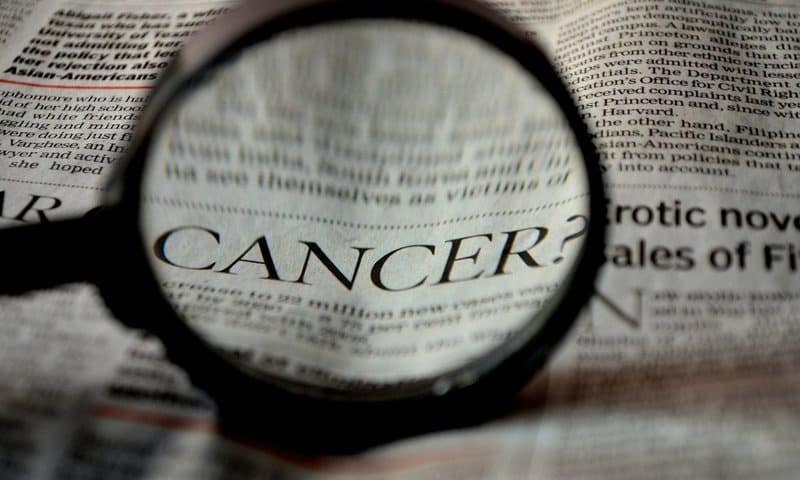Adaptimmune Therapeutics is on track to bring the first engineered T-cell therapy to market in a solid tumor indication. With the response rate above the target threshold at the interim analysis, the biotech is certain the study will hit its primary endpoint and deliver the data needed to seek approval next year.
As of the start of September, 16 of the 47 evaluable sarcoma patients had responded after receiving a single dose of MAGE-A4 TCR T-cell therapy afami-cel. The 34% response rate is down on the figure reported over the summer but still well above the 18% achieved by historical second-line therapies. If the lower bound of the confidence interval tops 18%, the trial will meet its primary endpoint.
Adaptimmune is certain that will happen, stating the study “will meet its primary endpoint and data will be used to support BLA filing for afami-cel next year.” The transatlantic biotech has been gearing up for commercialization for months with its companion diagnostic and vector supply partners.
Two-thirds of the patients experienced cytokine release syndrome, but all bar one of the cases were Grade 1 or 2. Sixteen percent of patients suffered Grade 3 or greater cytopenia, a condition defined by a below-normal number of blood cells, but Adaptimmune sees the overall risk-benefit as favorable based on the current data.
With Adaptimmune having safety data on all 50 participants—and only waiting on response data from three of the patients—the broad outline of the evidence that will make up the submission to the FDA is now visible. The main area of uncertainty is around durability.
Adaptimmune said 75% of the responses are ongoing, with durations ranging from four to 65 weeks. The biotech sees the interim data as “encouraging” and is yet to hit the median duration of response.
Durability is an area of concern for the nascent TCR-T space, with shares in Immatics sliding earlier this week against a backdrop of chatter about whether the brief responses seen in its clinical trial are a product of the use of a suboptimal dose or a weakness of the therapy. Shares in Adaptimmune also fell after its data drop, sliding 9% to $4.70.
Adaptimmune could regain lost ground if it shows afami-cel delivers durable responses and goes on to win approval. If that happens, afami-cel will be a landmark drug, regardless of whether it has the chops to be a commercial success. The drug is on course to be the first FDA approved TCR-T and the first engineered T-cell therapy of any stripe marketed in solid tumors.

